The importance of soil testing and understanding the results cannot be overstated. It is an essential step for farmers and gardeners to gain insight into the fertility and health of their soil. By understanding the pH balance of soil, they can gain invaluable knowledge about how to best use their land and keep it productive for years to come. In this article, we will explore the benefits of using pH test results for soil and how the results can be used to make informed decisions about the land. When taking a soil sample, the pH level is one of the most important measurements taken.
The pH level is a measure of how acidic or basic the soil is, with neutral being 7.0. Lower numbers indicate more acidic soils, while higher numbers indicate basic soils. It's important to understand the pH level of soil because different crops thrive in different soil types. For example, some plants need acidic soils while others need basic soils.
Knowing the pH level of soil can help you determine which plants will do best in your garden or field. Another benefit of using pH test results is that they can help you identify nutrient deficiencies in your soil. Certain elements such as nitrogen, phosphorus, and potassium are necessary for proper plant growth, but they can be depleted from soil over time. Knowing the pH level of soil can help you determine what nutrients are missing so you can amend it accordingly. Additionally, pH test results can be used to diagnose plant diseases. Certain diseases are more common in certain types of soils, so knowing the pH level can help you determine if a particular disease may be present in your garden or field.
Furthermore, certain pests are more likely to inhabit certain types of soils, so knowing the pH level can help you identify potential pest problems as well. Finally, pH test results can be used to monitor changes in soil over time. This is especially useful for farmers who need to know if their soil is becoming more acidic or basic due to various environmental factors such as weather or fertilizer use. By monitoring changes in the pH level over time, farmers can adjust their practices accordingly to ensure optimal plant growth.
Understanding Soil Composition Through pH Test Results
Measuring the pH level of soil is a key factor in understanding its composition and how it can affect our plants. Knowing the pH level of soil helps us determine which plants will thrive in our garden or field, identify nutrient deficiencies in our soil, diagnose plant diseases, and monitor changes in our soil over time.The pH level of soil is a measure of its acidity or alkalinity. A soil's pH affects how well plants can absorb nutrients, and how susceptible they are to pests and diseases. A soil's pH also affects the availability of certain minerals that are essential for plant growth. By testing the pH level of soil, we can accurately gauge its acidity or alkalinity.
This information can help us determine which plants are best suited for that specific soil type, as well as identify any nutrient deficiencies. Additionally, measuring the pH level of soil can help us diagnose common plant diseases, such as root rot and blights, by helping us identify any environmental conditions that may be causing the disease. Finally, by regularly testing the pH level of our soil, we can monitor changes over time and better understand how our soil is responding to our gardening or farming practices. This can help us make better decisions about when to fertilize, irrigate, or adjust our soil composition to better suit our needs. Soil testing is an essential part of gardening and farming, and measuring the pH level of soil is one of the most important measurements taken.
By understanding the benefits of using pH test results to analyze soil composition, we can become better stewards of our land and ensure optimal plant growth. By using pH test results, we can gain a deeper understanding of soil composition and develop effective strategies for successful crop production.
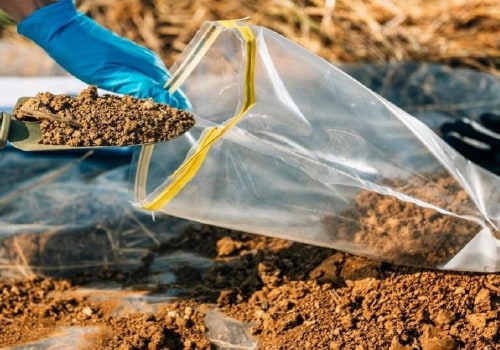
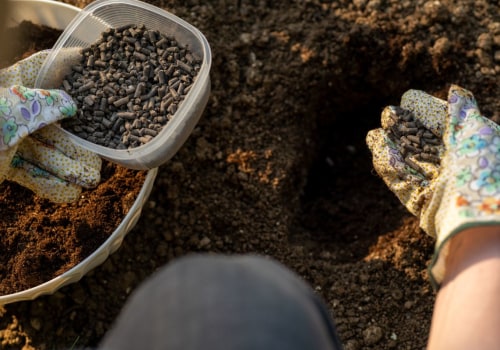
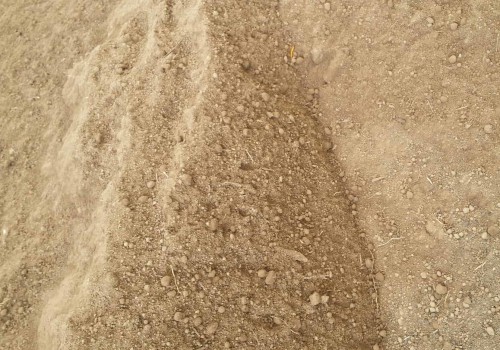
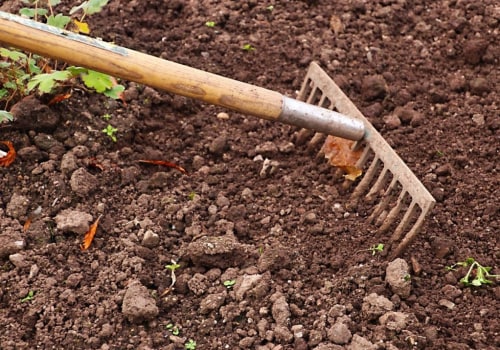
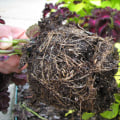


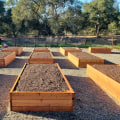
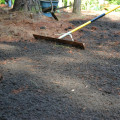


Leave a Comment